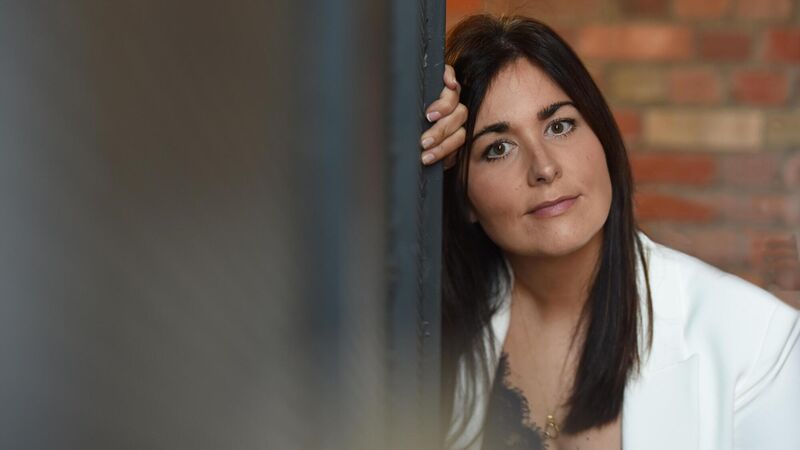Stefanie Preissner on Autism: 'There are different types of brains, and the world is built for just one type'

Stefanie Preissner: speaking candidly on her Autism diagnosis. Photograph: Moya Nolan
“I get asked a lot about if I'm angry at my mother or my teachers for not identifying it sooner. I struggled for a long time, and now that I know, am I annoyed that people didn't see it then?
“How could my mother have spotted it when the only representation that she'd ever seen of autism was nonverbal, non-speaking young boys, who had such high support needs that they couldn't communicate with other people?











